
Water is found everywhere on Earth, even in the smallest molecular niches. But what happens when water is trapped in such structures? Researchers at KIT and Constructor University in Bremen have demonstrated that “confined” water can strengthen the bonds between molecules, opening up new perspectives for medicine and materials science.
more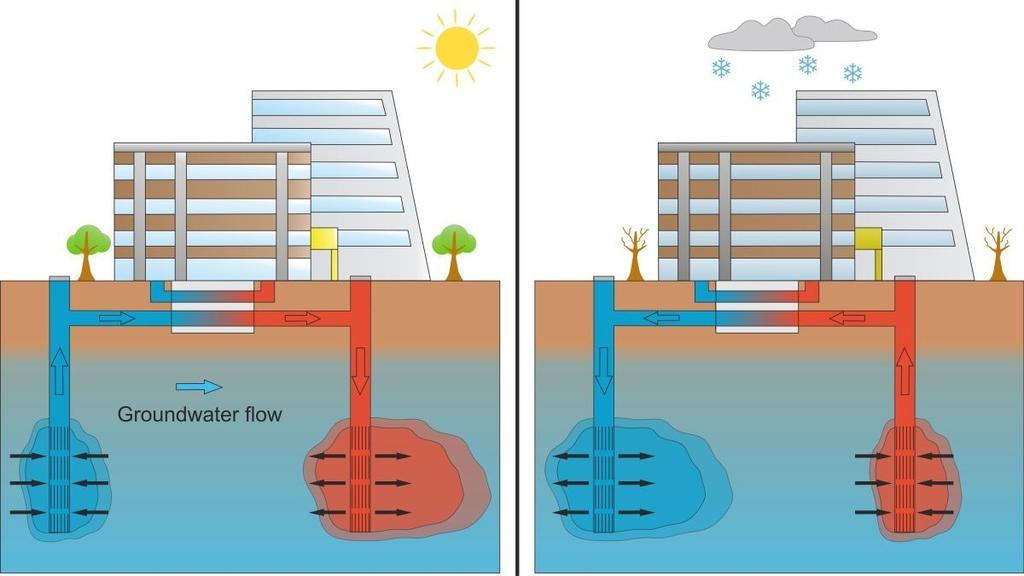
Researchers at the Karlsruhe Institute of Technology (KIT) and partners have now conducted a study to investigate the economic viability of aquifer storage. In this process, cold or warm water is stored in natural groundwater reservoirs and extracted when the corresponding temperature energy is needed.
more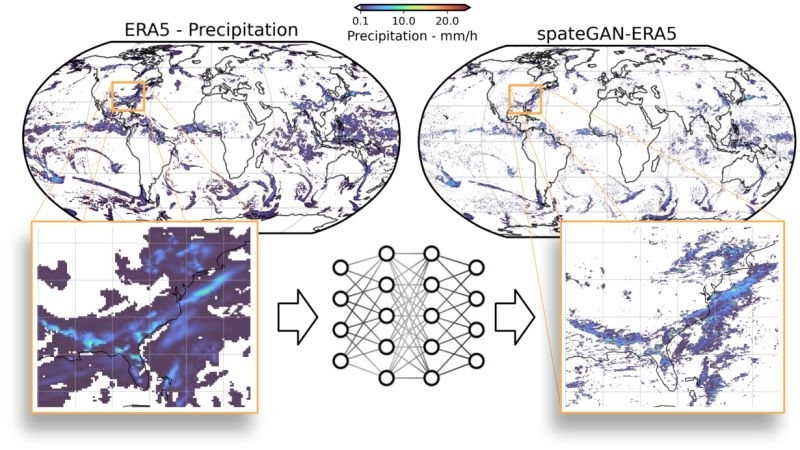
Severe weather events, such as heavy rainfall, are becoming increasingly common. Researchers at the Karlsruhe Institute of Technology (KIT) have presented a new method that uses artificial intelligence (AI) to convert low-resolution global weather data into high-resolution precipitation maps. The method is fast, efficient, and independent of location.
more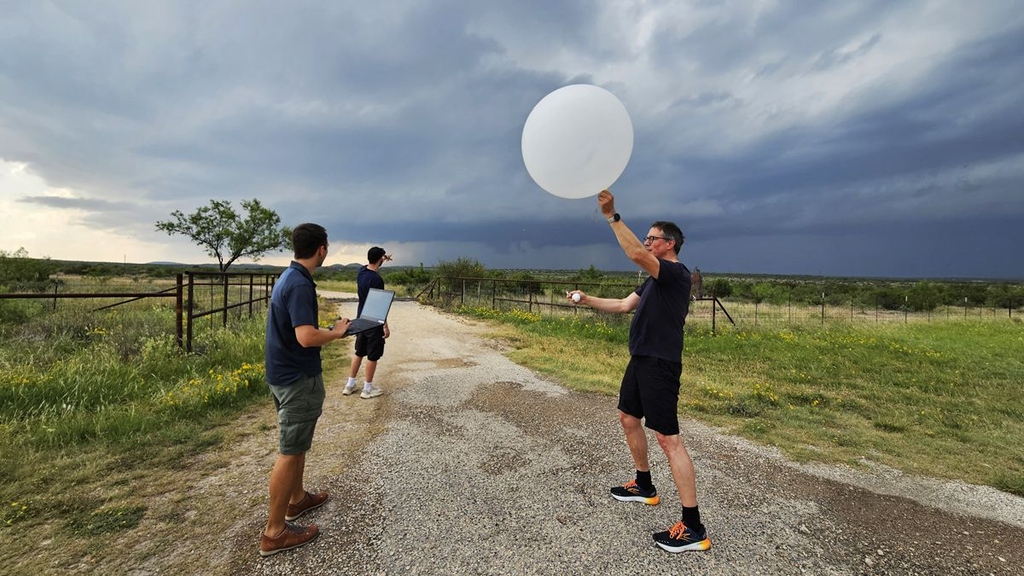
Researchers from KIT took part in the ICECHIP (In-situ Collaborative Experiment for the Collection of Hail in the Plains) international measurement campaign in the Great Plains. During the campaign, an international research team tracked, observed and analysed hail-producing thunderstorm systems.
more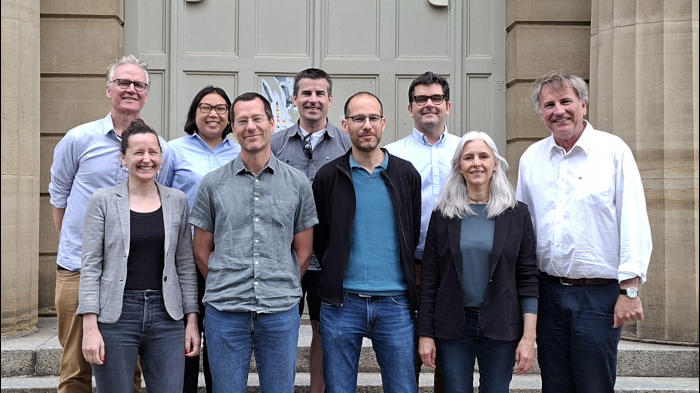
In June, a delegation from the University of Waterloo (Canada) visited the Institute for Water and Environment (IWU). The visit provided an excellent opportunity to showcase KIT-IWU’s research activities and infrastructures to our Canadian colleagues, to further strengthen the long-standing collaboration between our universities.
more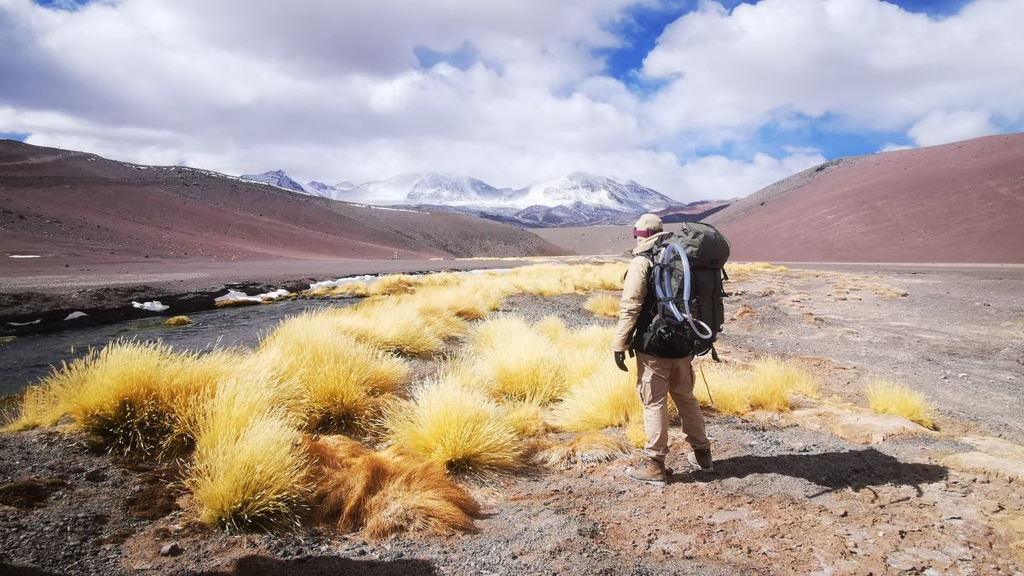
With simultaneous events at the Chilean Embassy in Berlin and the German Embassy in Santiago de Chile, both countries kicked off an international project coordinated by KIT in May 2025. The BRIDGE project aims to characterise and model relevant thermal water reservoirs in both countries to assess their suitability for raw material extraction.
more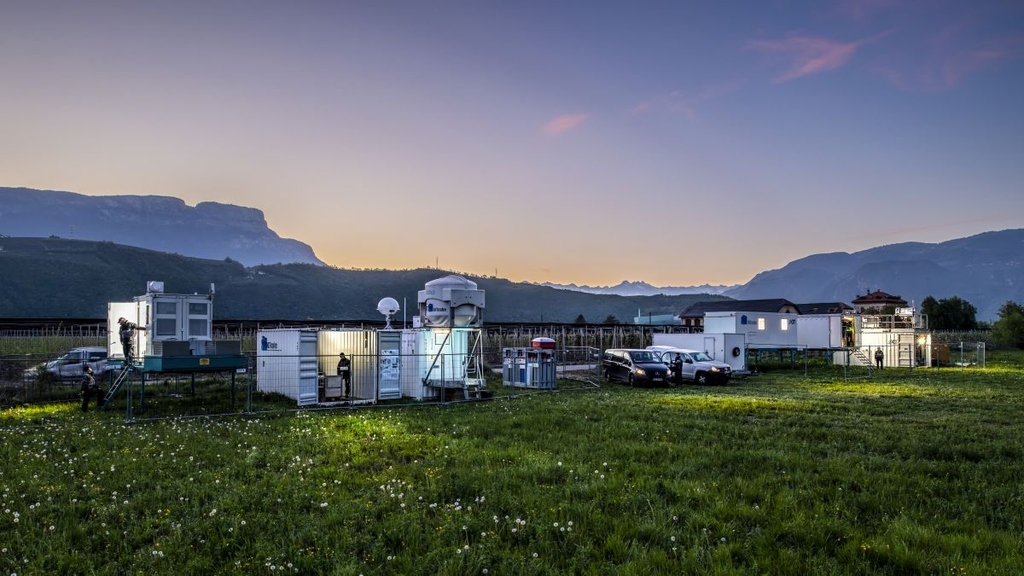
The weather in the mountains often behaves quite differently than predicted. This is mainly due to the complexity of the terrain, which has a strong influence on air exchange processes. To investigate such exchange processes, an international measurement campaign is taking place in the Alps. The mobile atmosphere observation system ‘KITcube’ is being used for this purpose.
more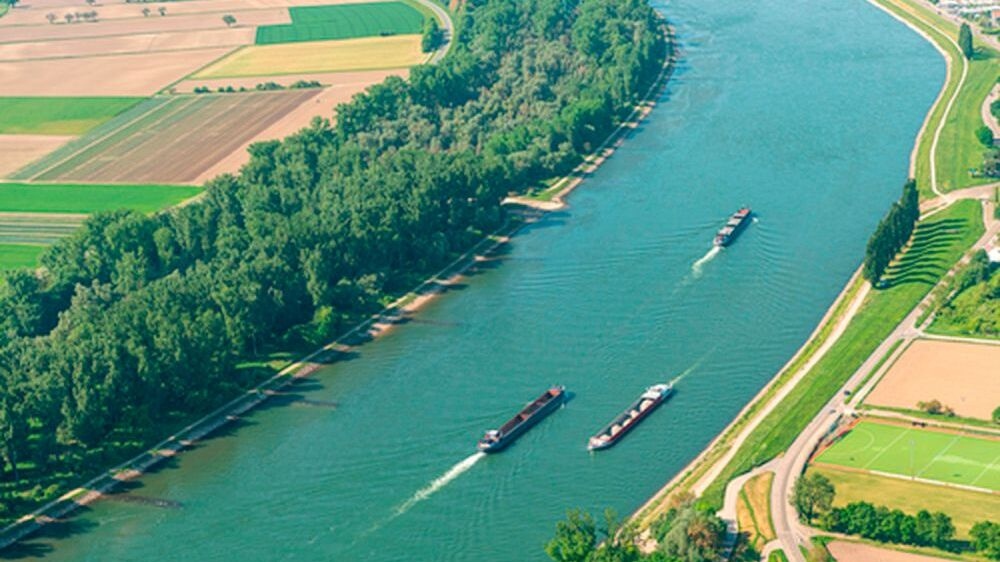
The KIT history highlight of April honours the achievements of engineer officer and spiritual father behind the Polytechnic School (later KIT). He wanted to expand the incomplete flood protection on the Rhine into a comprehensive system of river fortifications. Instead of excavating an entirely new course, Tulla cut narrow channels as shortcuts through the river’s wide bends and let the river do the work.
more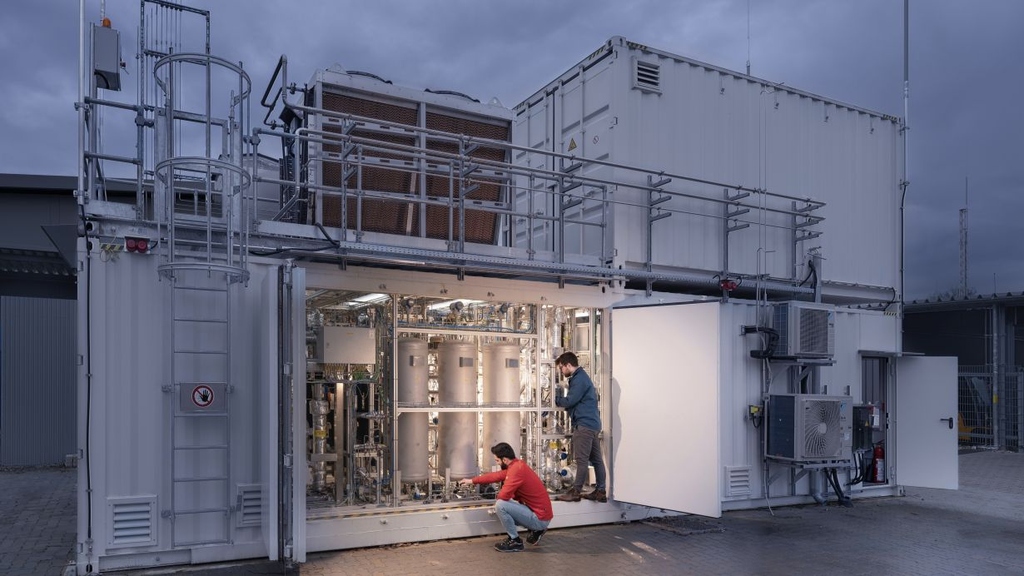
ICODOS, a start-up founded at the Karlsruhe Institute of Technology (KIT), and its partners have built an innovative facility at Mannheim’s sewage treatment plant. The facility purifies the biogas produced by the plant and uses green hydrogen to convert it into carbon-neutral fuel for ships. They opened the facility on March 24, 2025.
more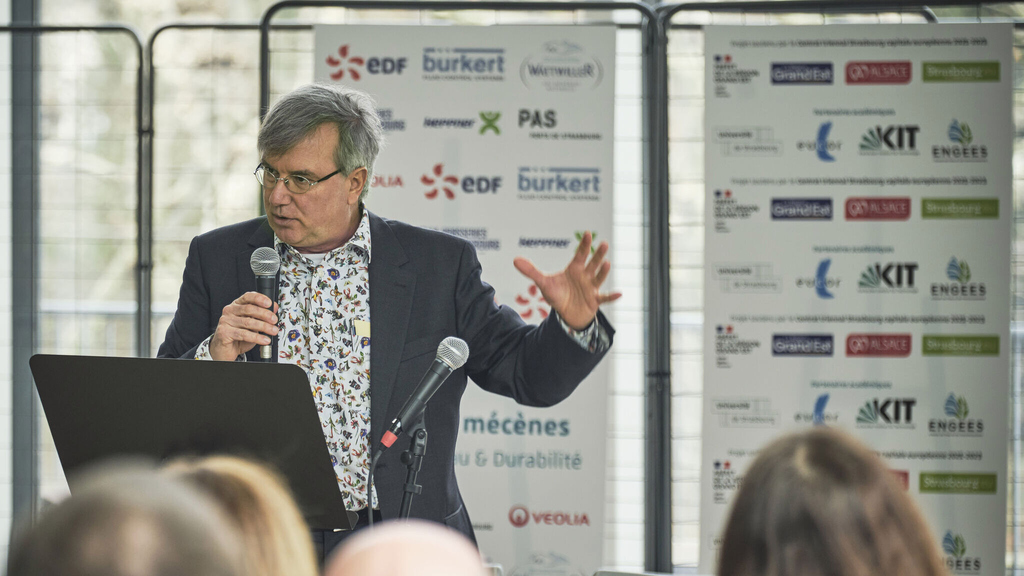
On February 28, 2025, the Chair of Water and Sustainability was inaugurated at the Université de Strasbourg, held by Professor Karl Matthias Wantzen. The professorship is one of the cross-border professorships of Eucor – The European Campus. It will involve teachers and researchers from the five universities in France, Germany and Switzerland, in particular from the Karlsruhe Institute of Technology (KIT).
more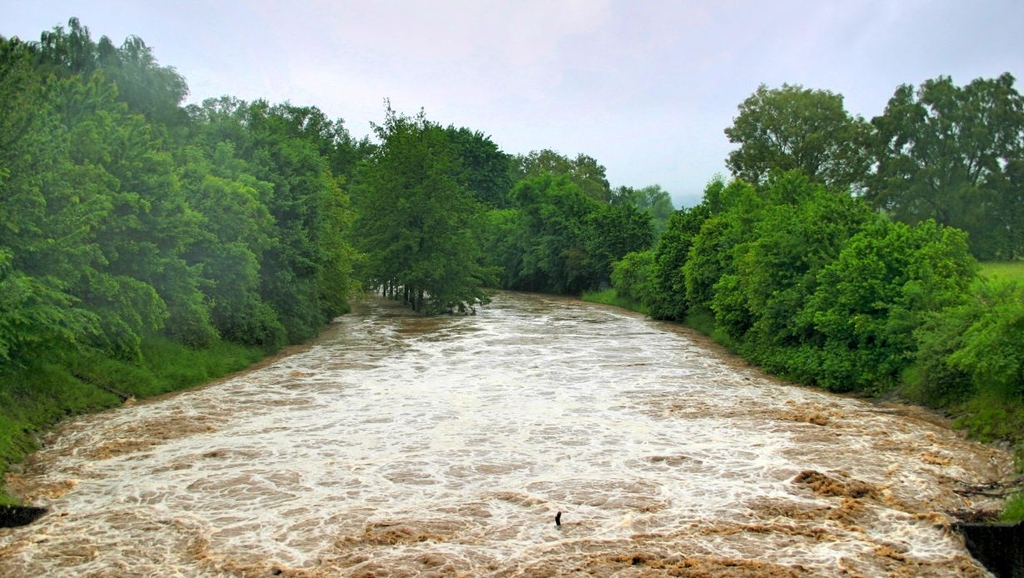
Heavy rainfall and the resulting floods are among the greatest natural hazards with serious consequences for people, nature and infrastructure - especially in small river basins. In the KI-HopE-De project coordinated by KIT, researchers, weather services and flood centres aim to significantly improve the forecasting of such floods in Germany using machine learning methods.
more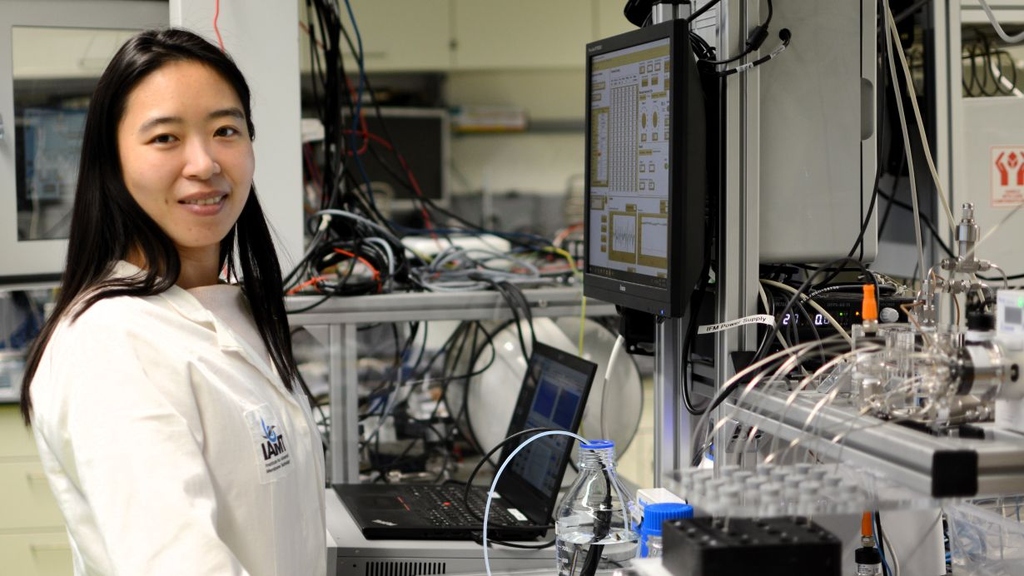
Steroid hormones are among the most widespread aquatic micropollutants. They are harmful to human health, and they cause ecological imbalances in aquatic environments. At the Karlsruhe Institute of Technology (KIT), researchers have investigated how steroid hormones are degraded in an electrochemical membrane reactor with carbon nanotube membranes.
more_rdax_1024x576_98s.jpg)
Experts from Helmholtz research centres (KIT, Helmholtz Centre Potsdam - GFZ German Research Centre for Geosciences, Helmholtz Centre for Environmental Research UFZ) answer questions about the flood situation in Austria, the Czech Republic and Germany in September 2024
more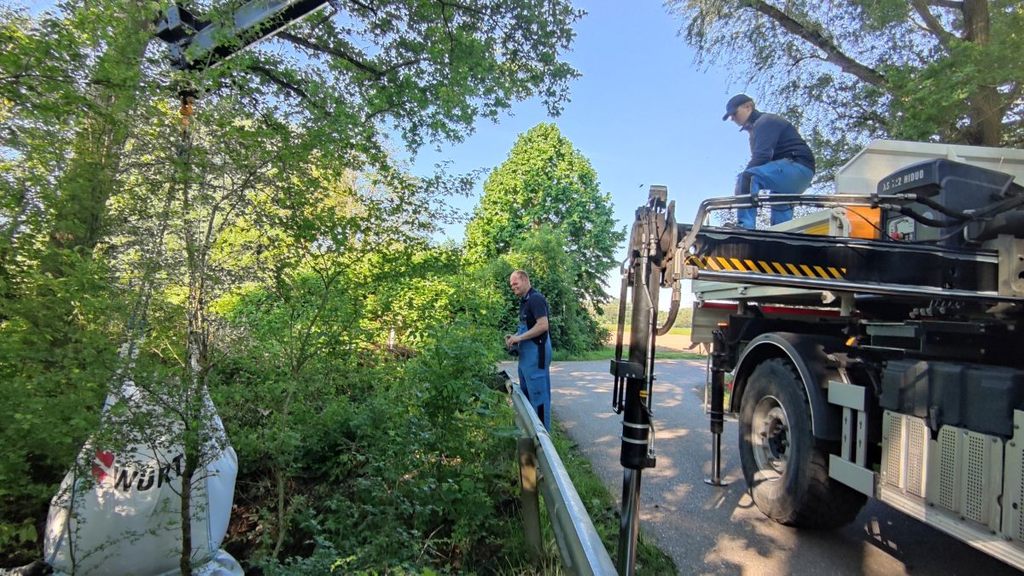
Peatlands bind carbon and can help to slow down climate change. However, as a result of periods of drought, they are drying out more and more, decomposing and releasing climate-damaging CO2 into the atmosphere instead. Researchers at the Karlsruhe Institute of Technology (KIT) are now testing in a research project at the Rastatter Bruch nature and landscape conservation area whether they can prevent the drying out with a test damming of a drainage ditch.
more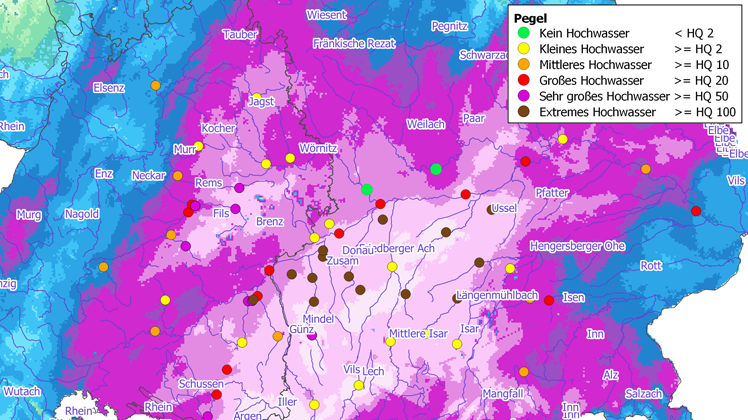
The task force of the Center for Disaster Management and Risk Reduction Technology (CEDIM) at KIT has compiled an initial report on the flood situation in southern Germany in June 2024.
more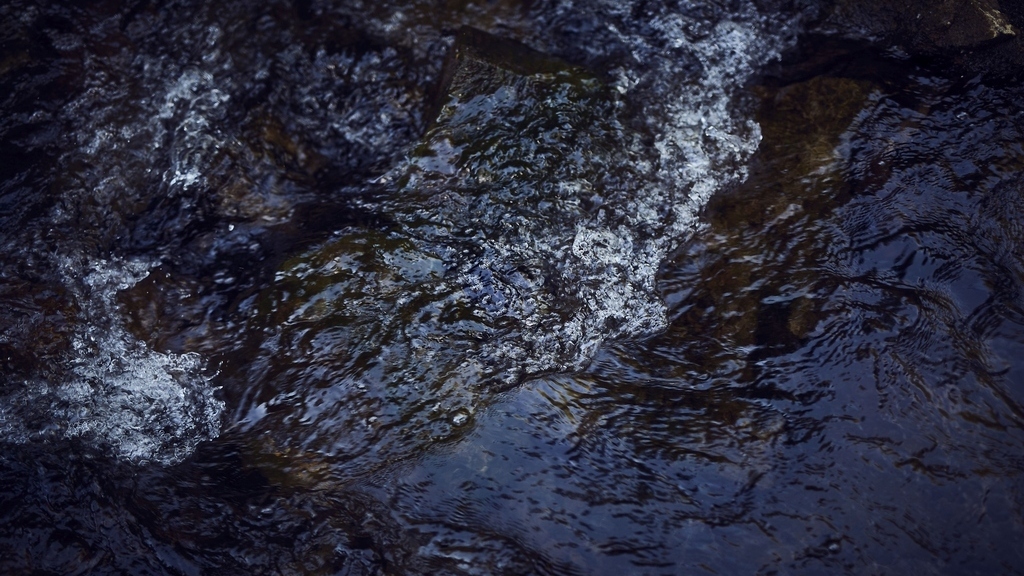
Interview with Prof. Dr. Harald Kunstmann on intense precipitation events over small catchment areas. The connection between the position of the precipitation cell, its influence on the runoff calculation and advanced flood water forecasting. Interview from minute 06:23. Forwarding to ARD media library (in German).
more
Groundwater is the largest unfrozen freshwater reservoir in the world. Researchers at the Karlsruhe Institute of Technology (KIT) have investigated how global warming affects its temperature and what this means for humans and nature. The study shows that by 2100, more than 75 million people are expected to live in areas where the groundwater exceeds the highest drinking water temperature limit set by a country.
more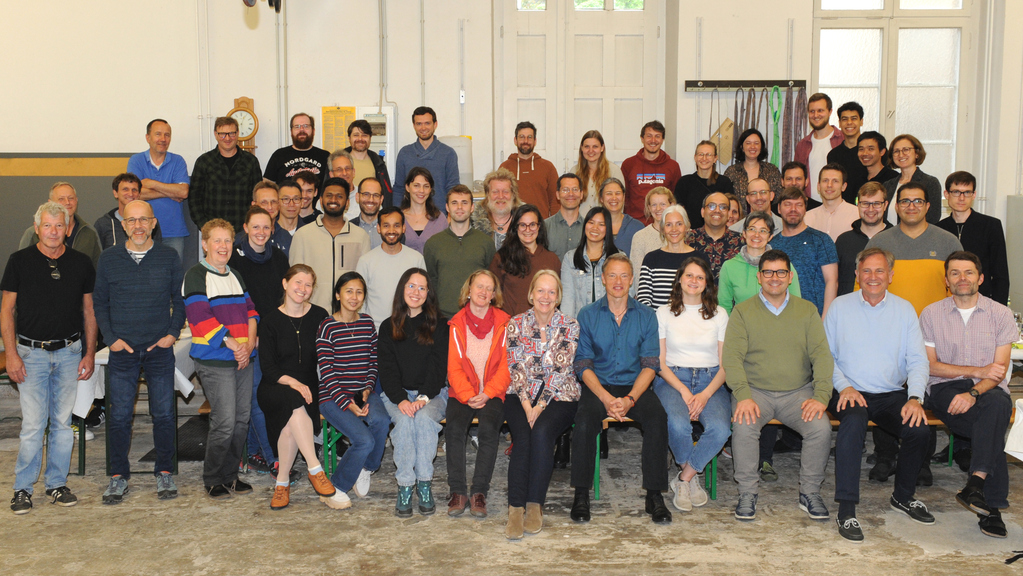
The new Institute for Water and Environment (IWU) initiated its activities in January 2024. It was created as a merger of the 'Institute for Water and River Basin Management (IWG)' and the 'Institute of Hydromechanics (IfH)'. The occasion was celebrated on 17 May 2024 with the participation of all IWU employees.
more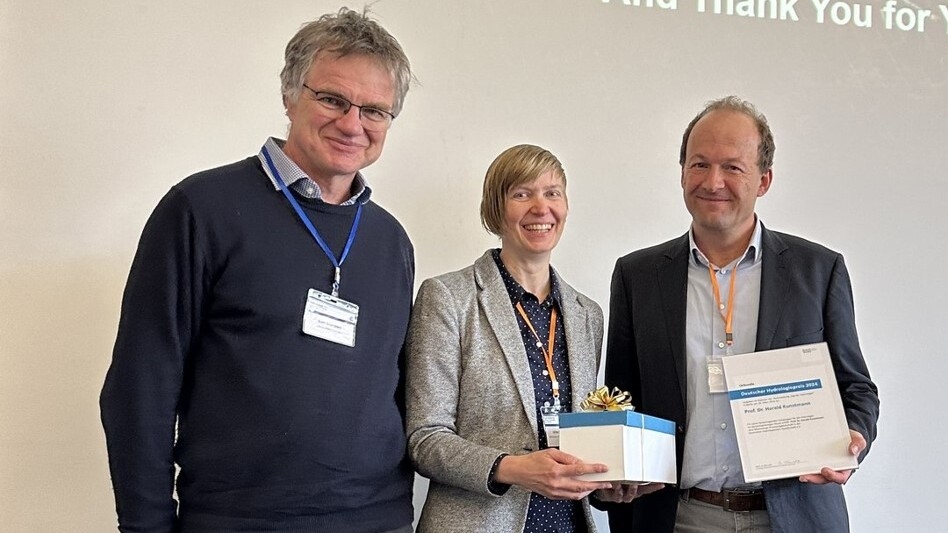
Harald Kunstmann received the German Hydrology Award 2024 from the German Hydrological Society in Berlin on 20 March 2024 for his outstanding achievements in hydrology in German-speaking countries.
more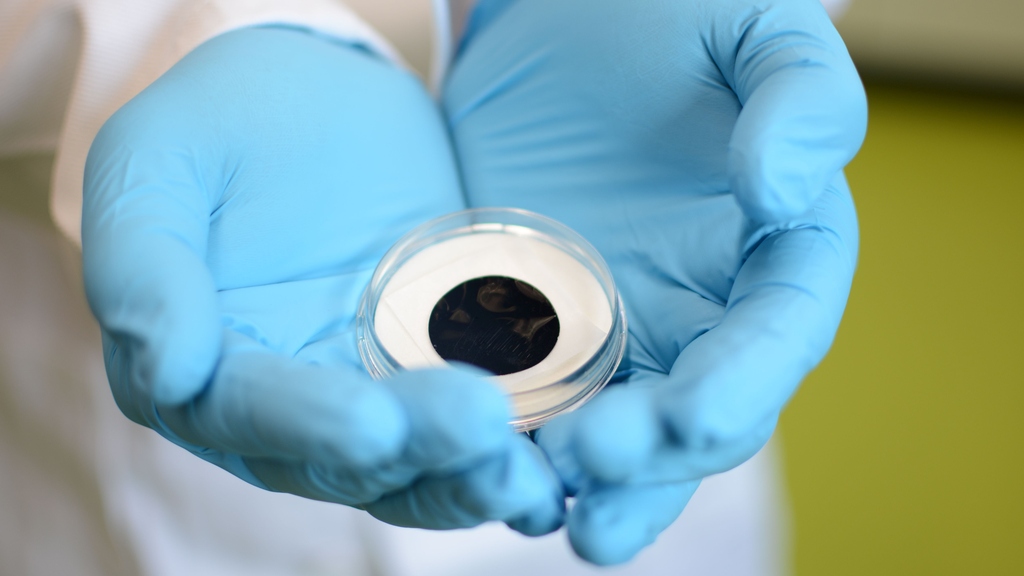
KIT researchers study the adsorption of micropollutants by vertically aligned carbon nanotubes – Publication in Nature Communications.
more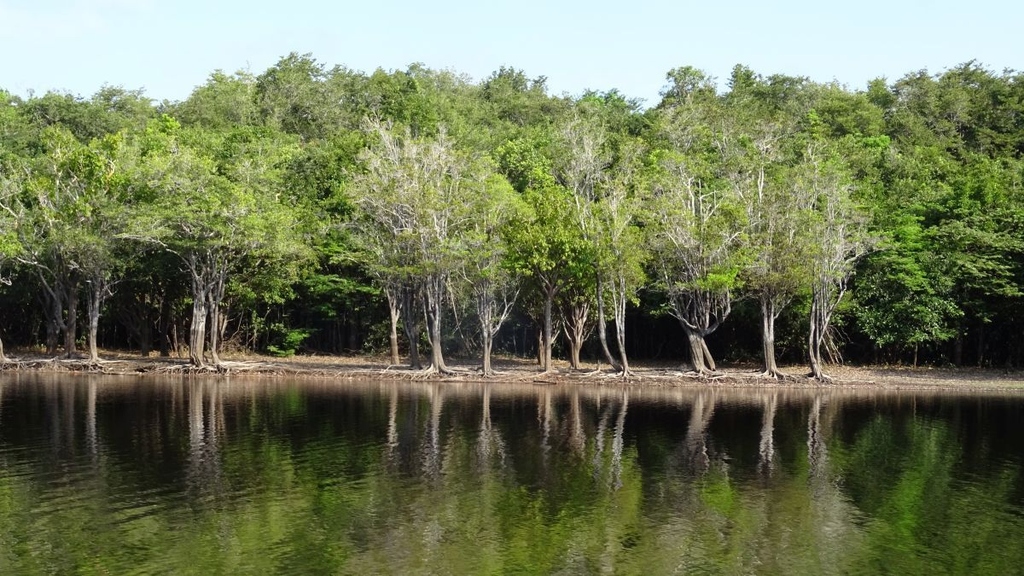
KIT researchers prove the great ecological importance of seasonal floodplains - Publication in Nature Ecology & Evolution.
more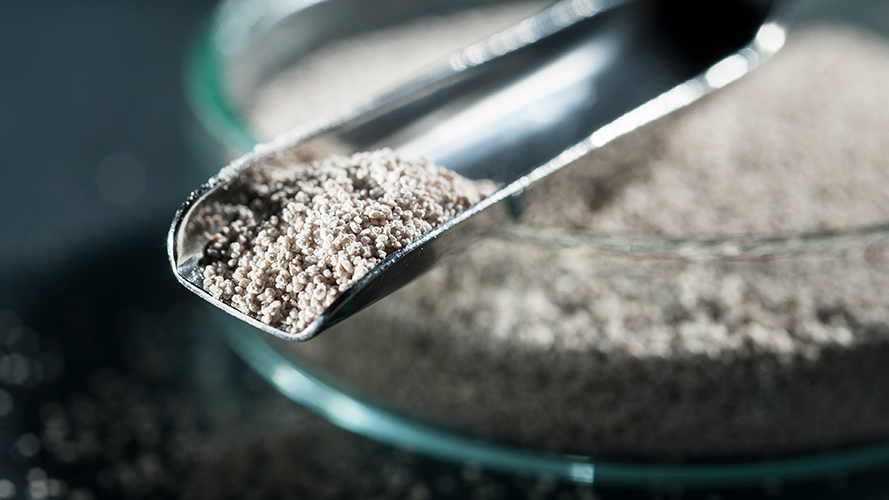
The Competence Center for Material Moisture at KIT and the Institute of Meteorology and Climate Research – Atmospheric Aerosol Research are cooperating in the field of phosphorus recovery. Years of research are now to be transferred into a pilot plant based on the P-RoC process patented by KIT.
more
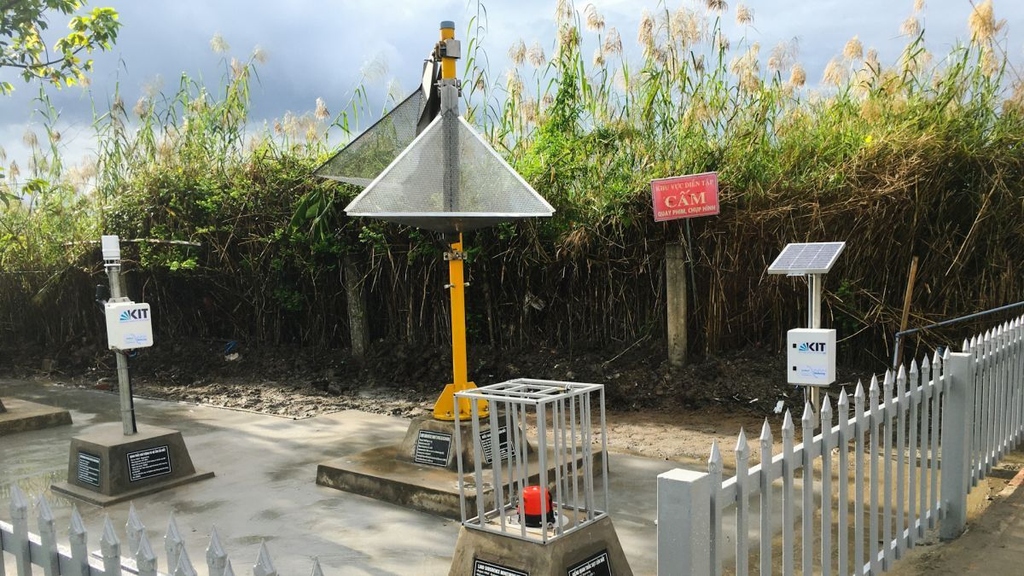
The southern Mekong Delta in Vietnam is on average just 80 centimetres above sea level. Land subsidence of up to three centimetres per year leads to the loss of land and fresh water resources. As part of the ViWaT-Engineering research project, KIT researchers and partners have developed an innovative measuring system to record land subsidence.
more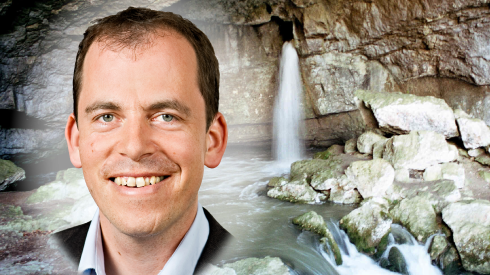
Prof Goldscheider was appointed an Honorary Member of the Geological Society of America (GSA) in 2024. This programme was established by the GSA Council in 1909 and since then one or more honorary members have been appointed each year. Honorary members are international geoscientists who have made outstanding contributions to science.
more
Isabllella Schalko explains her research in the hydraulics lab of KIT.
more
Dr. Isabella Schalko is a Senior Research Assistant at ETH Zürich, Research Affiliate at MIT and KIT International Excellence Fellow.
more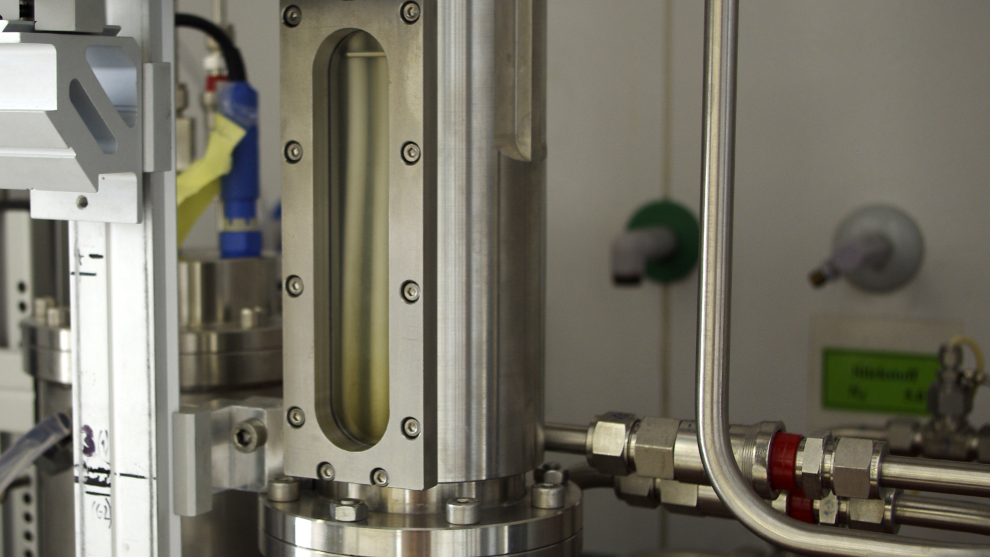
KIT's water research is involved in two projects in the land's funding line "Microorganisms as helpers in climate protection - using microbial processes for a climate-neutral future with innovative methods".
more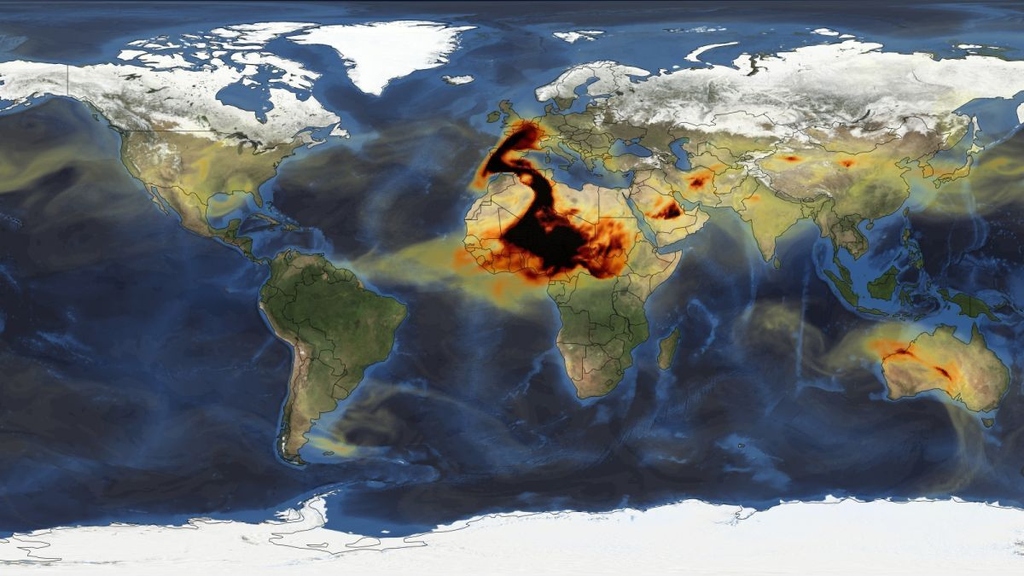
Public access contributes to greater transparency in science and makes it possible to jointly improve environmental predictions worldwide.
more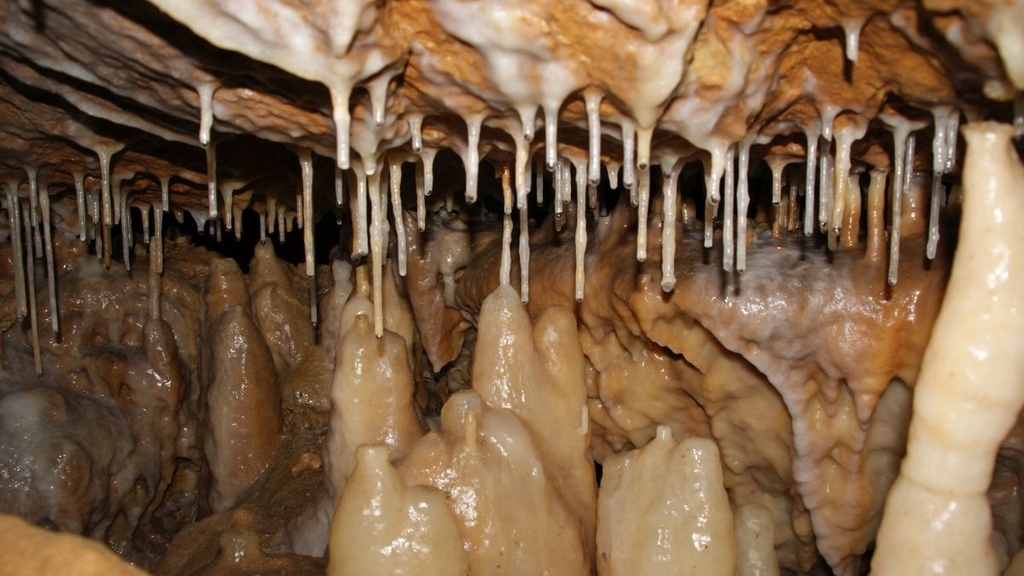
Researchers are using cave dripstones to reconstruct regional and global climate history - isotope composition provides information about seasonal precipitation levels.
more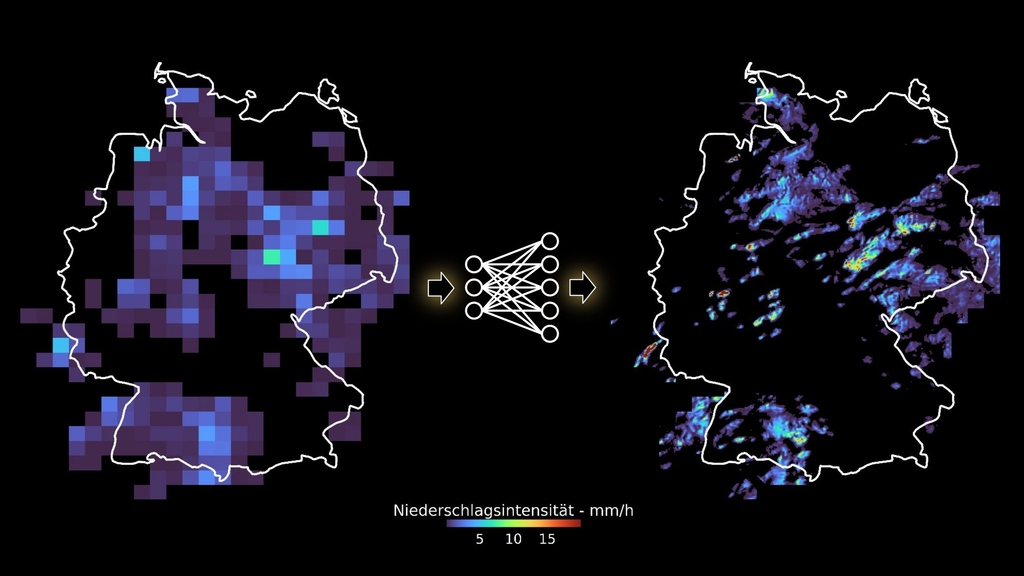
KIT Researchers Use Deep Learning to Enhance the Spatial and Temporal Resolution of Coarse Precipitation Maps.
more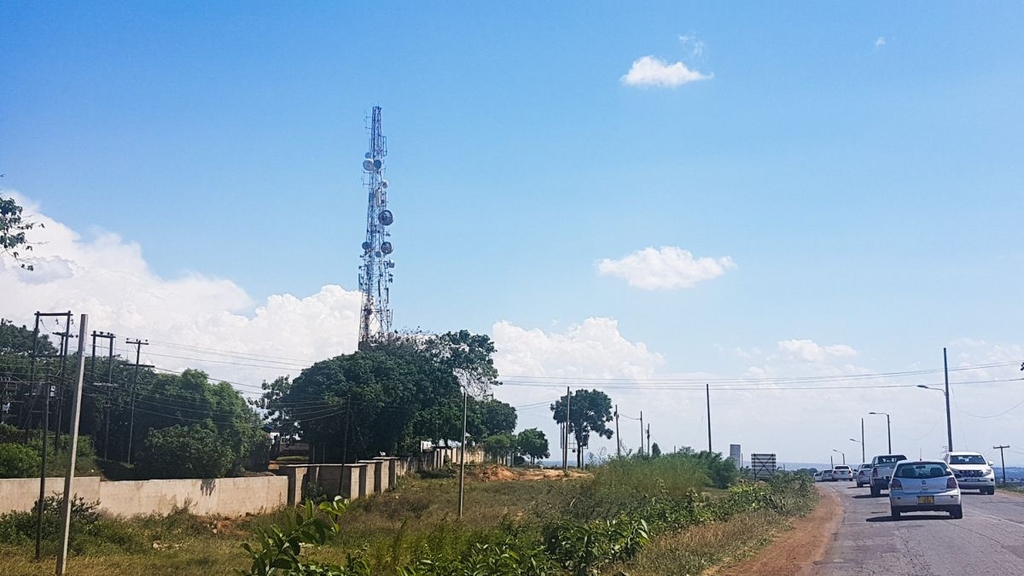
KIT researchers are using data from the mobile phone network to create rainfall maps in West Africa in order to improve flood forecasting in the data-poor region.
more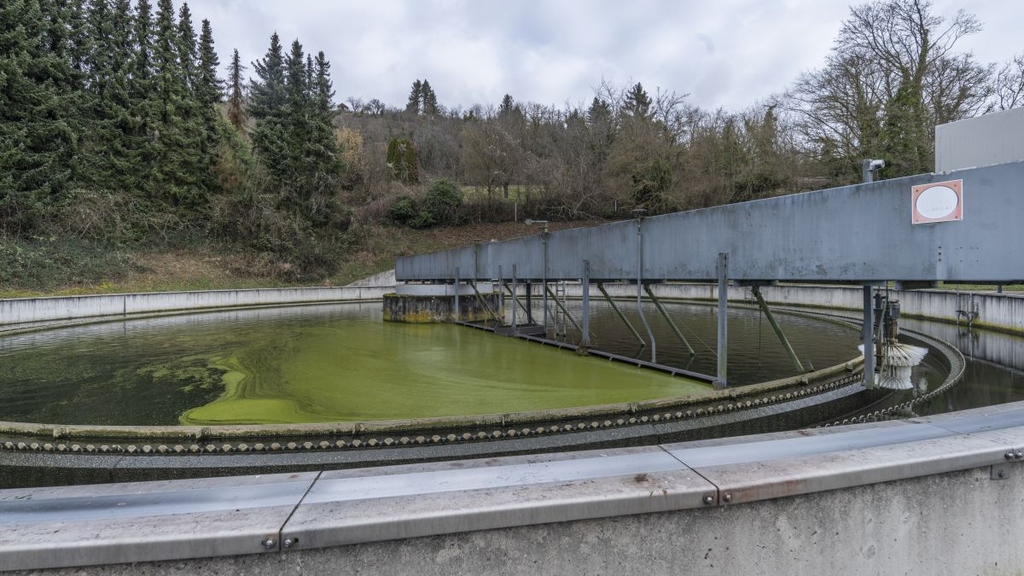
An EU project coordinated by KIT has tested a wastewater-based corona early warning system that contributes to a better Covid-19 situation assessment. The final report of the project has now been published (in German).
more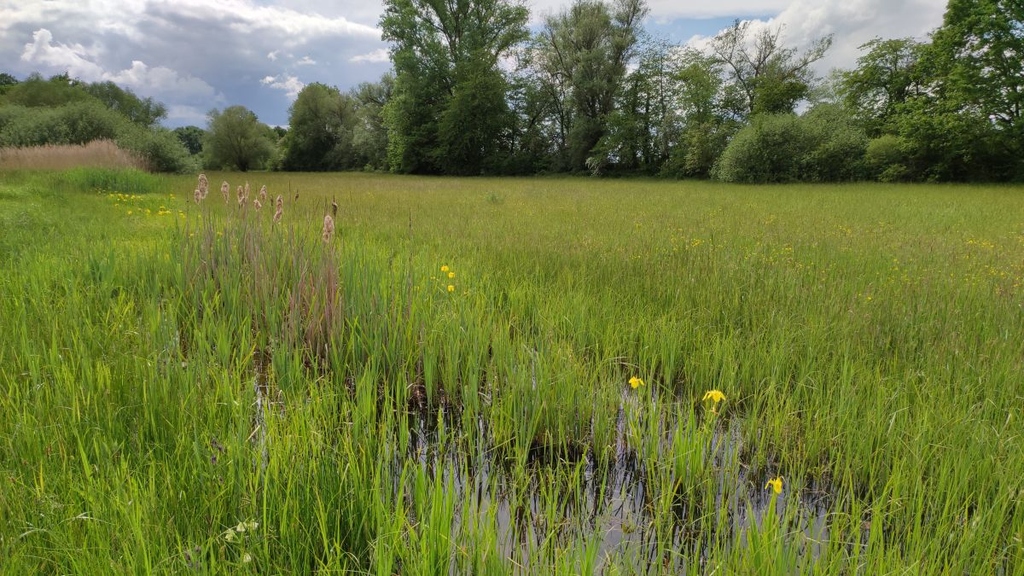
Researchers of KIT are investigating the condition of the Rastatter Bruch fen on the Upper Rhine in connection with the water balance. The Minister of the Environment of Baden-Württemberg, Thekla Walker, informed herself about the project of the Department of Wetland Ecology on September 5, 2023.
more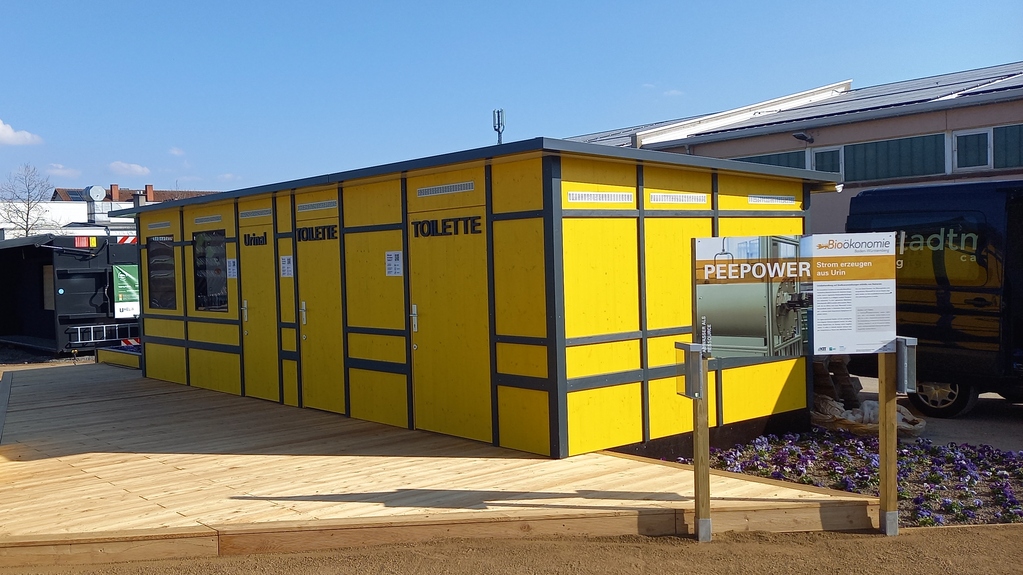
Researchers from the Engler-Bunte-Institut are involved in a project that practically implements microbially catalyzed hydrogen production from urine at the 2023 Federal Garden Show (BUGA). The BUGA 2023 was opened on 14.04.2023.
more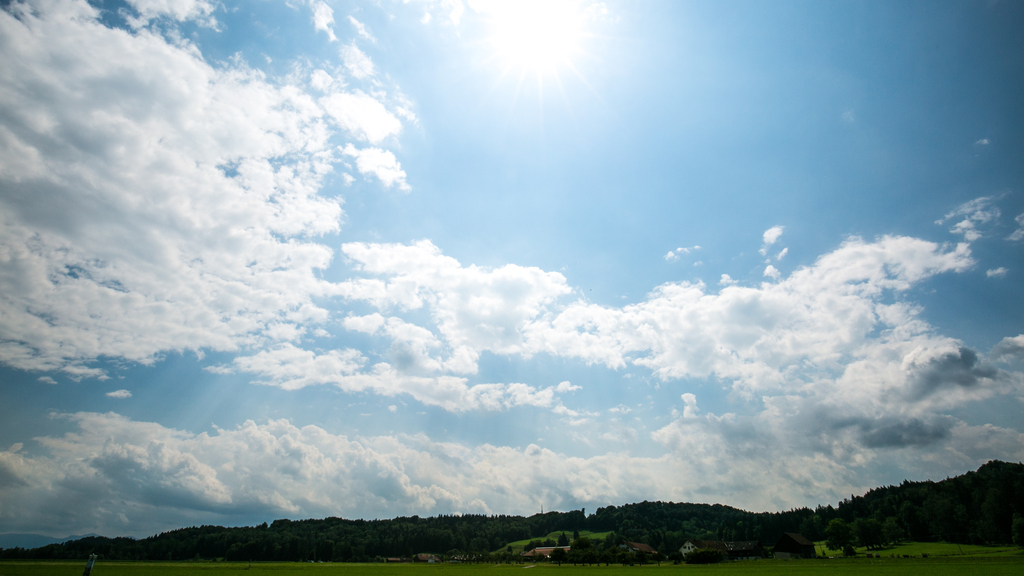
The temperature of the land surface is mainly influenced by radiation, but evaporation and air movements also play a role. KIT researchers are involved in a study that shows that these complex processes can be explained with the help of simple and predictable patterns.
more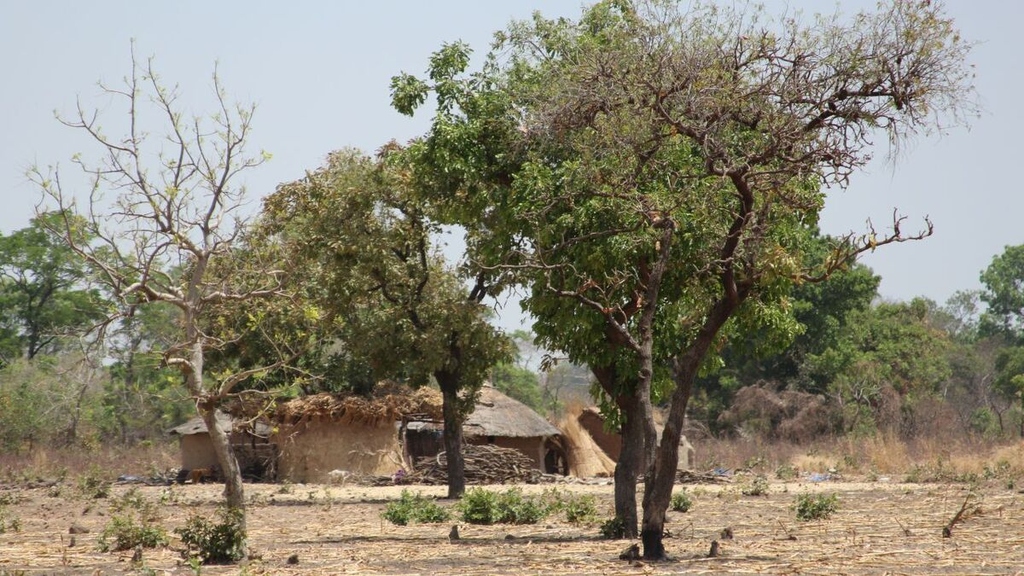
KIT researchers are investigating the impact of a renaturation initiative in the African Sahel on local precipitation. In reforestation programs, the hope is that the new forest and increased evaporation will simultaneously generate more precipitation.
more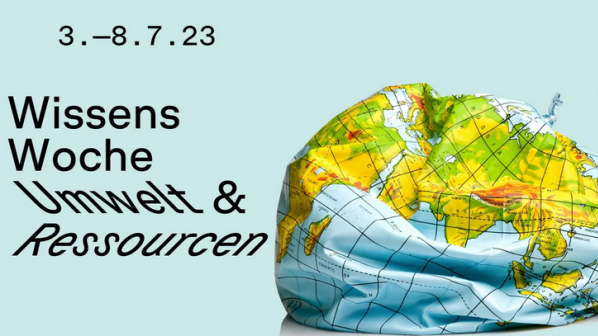
On July 5, 2023, numerous exciting activities and lectures on the topic of water will take place as part of the Science Week Environment & Resources.
more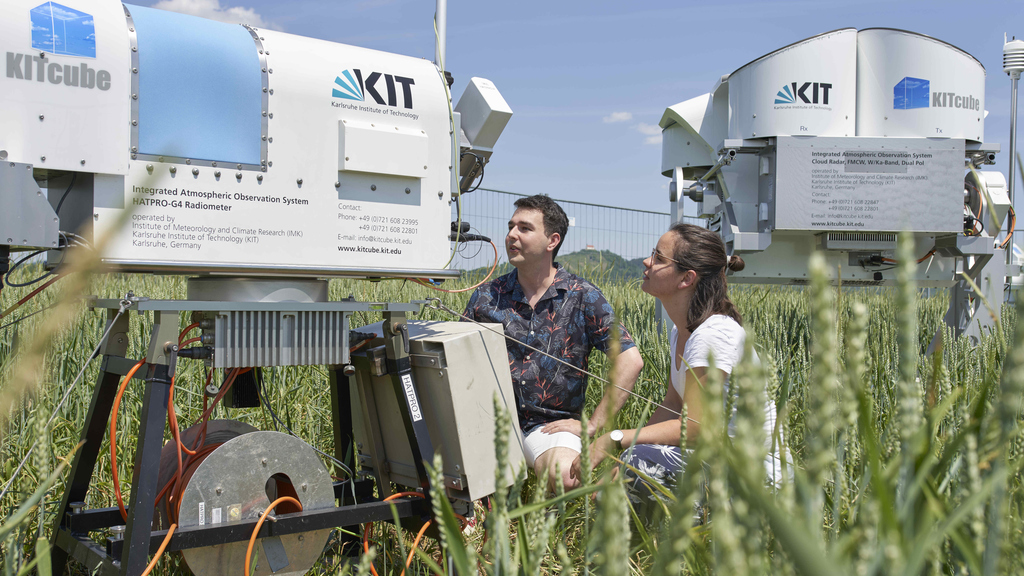
To better cope with weather extremes like hailstorms, strong rain showers, and floods in the long term, researchers study their development and effects within “Swabian MOSES,” a program coordinated by Karlsruhe Institute of Technology (KIT).
more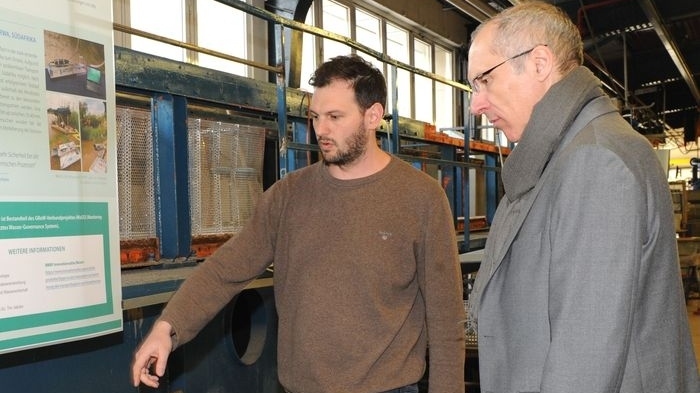
On March 31, 2023, Prof. Laurent Schmitt visited the Institute for Water and River Basin Management. He gave a lecture on the topic "Navigation, hydropower, sediment legacies, functional restoration and transboundary management of the Upper Rhine" in the lecture series of the IWG (Seminar@IWG-WB).
more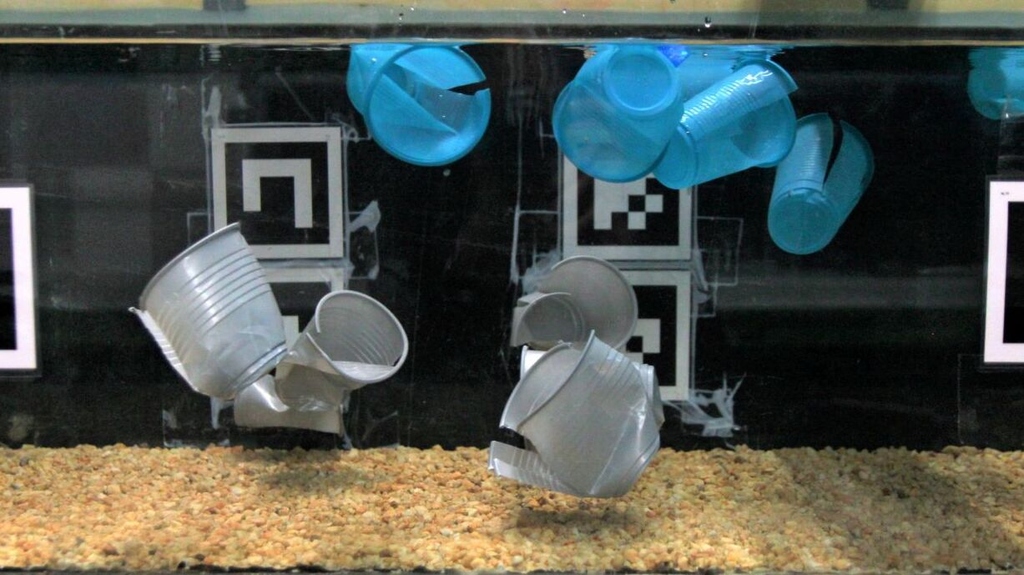
Why should we study how plastics are transported in rivers? Dr. Daniel Valero (KIT-IWG) answers this question in Deutschlandfunk radio and talks about his recent experiments.
more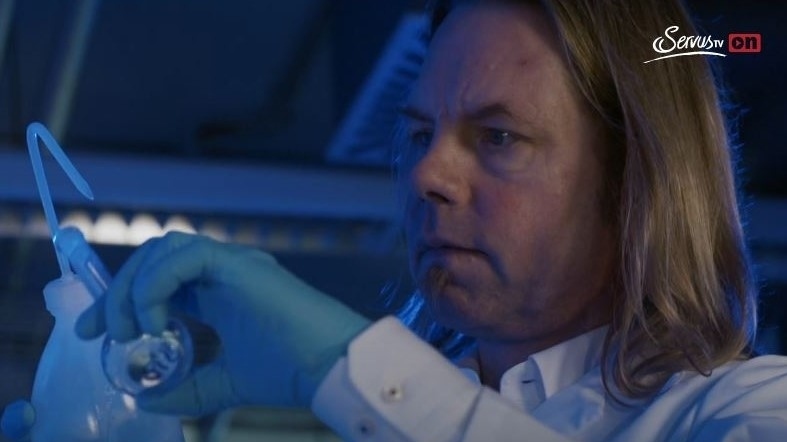
Prof. Dr. Jochen Kolb talks about lithium extraction from Europe's largest ground water reservoir in the Upper Rhine Graben in a ServusTV report.
more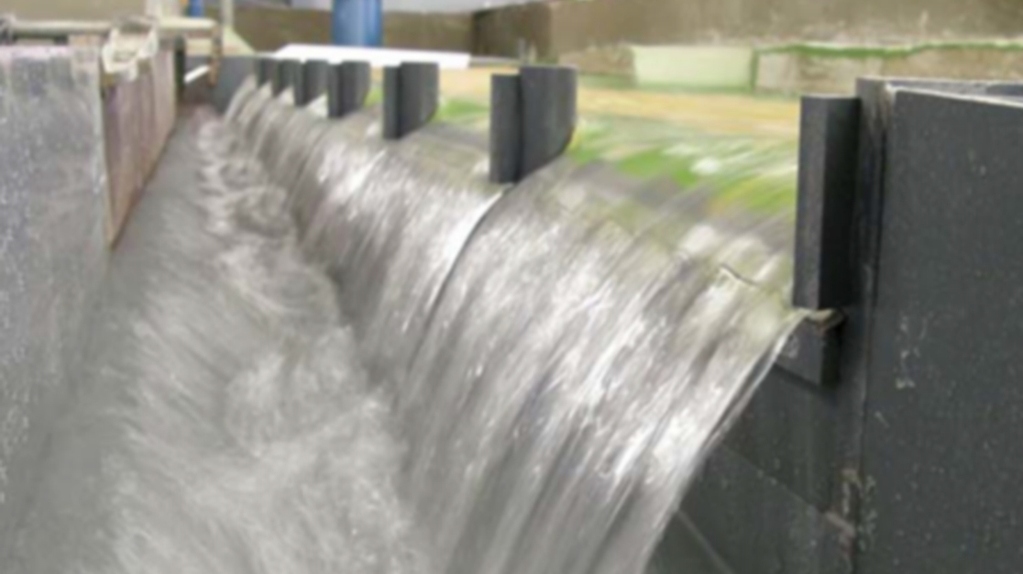
Good performance of KIT in the U.S. News University Ranking 2022-2023: KIT's water research ranks 48th, which is the top position in Germany.
more
Towards Physical-Conceptual Modeling of Mass, Energy and Information Flows Using Mashine Learning Technology.
more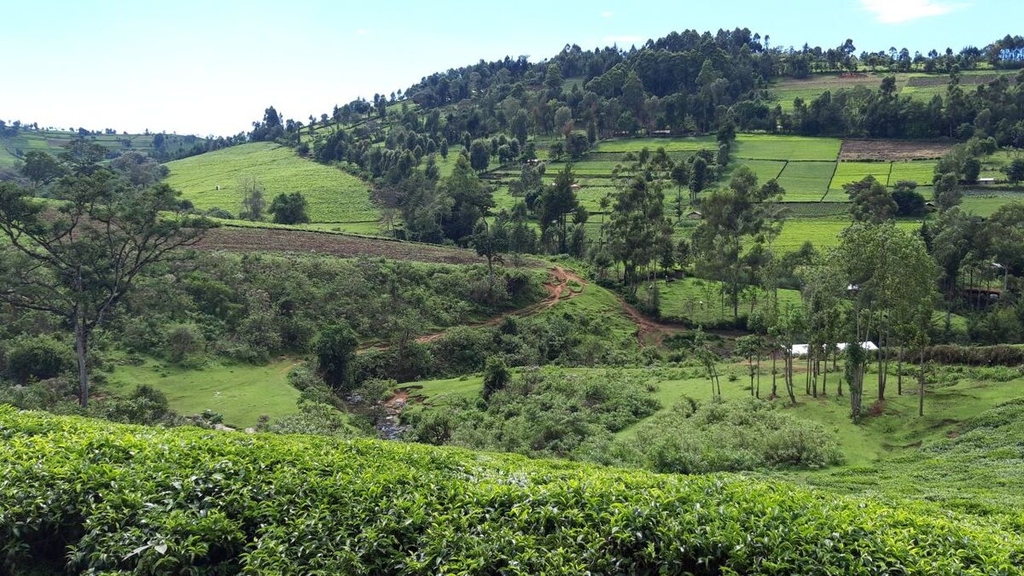
KIT researchers investigate seasonal influence of African streams and rivers on greenhouse gas emissions.
more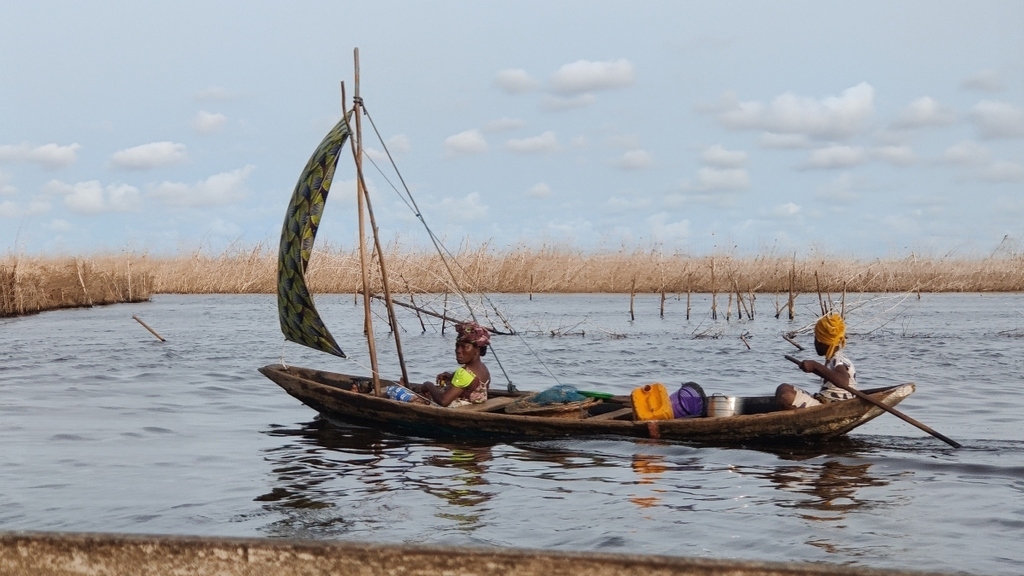
Whether Flood Protection or Rainforest Preservation – the Study of Meteorological Relationships Makes Valuable Contributions.
more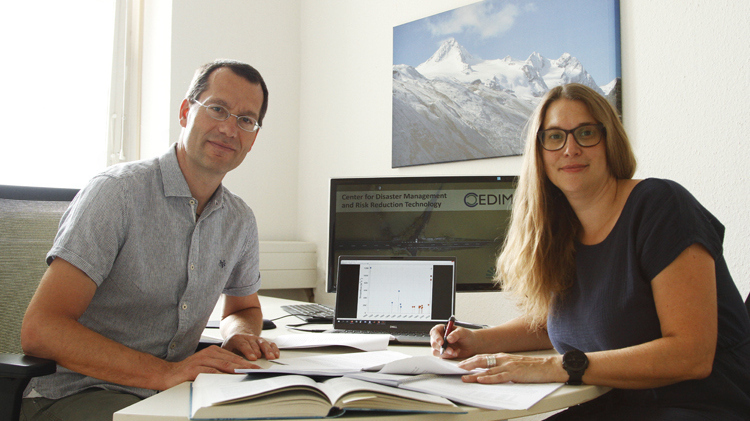
Rechearchers of KIT in conversation with the journal 'Hydrologie & Wasserbewirtschaftung (HyWa)' about the collaboration between meteorologists and hydrologists and about the Eifel flood in July 2021 (in German).
mehr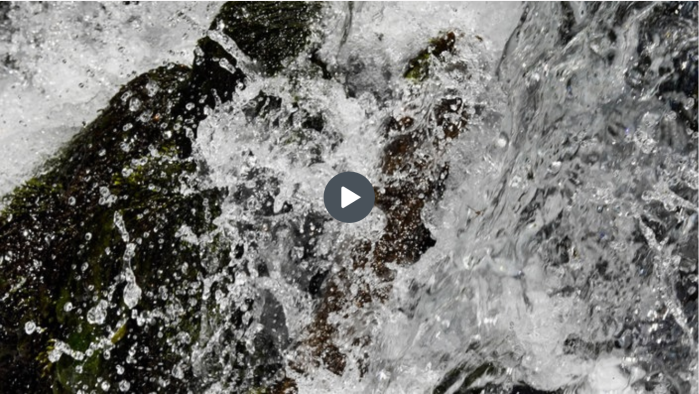
Professor Erwin Zehe, from the Institute of Water and River Basin Management (KIT), explains in a discussion with 'planet wissen' how increasing drought periods change the water cycle (report in German).
Link_more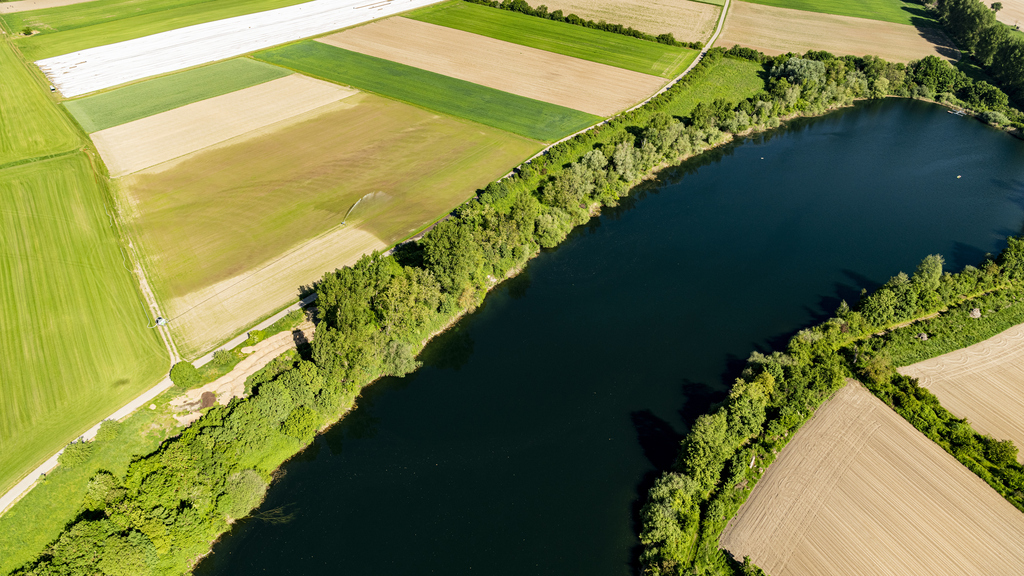
KIT researchers aim to compile hydrological data to identify the effects of climate change on water cycles in Germany.
more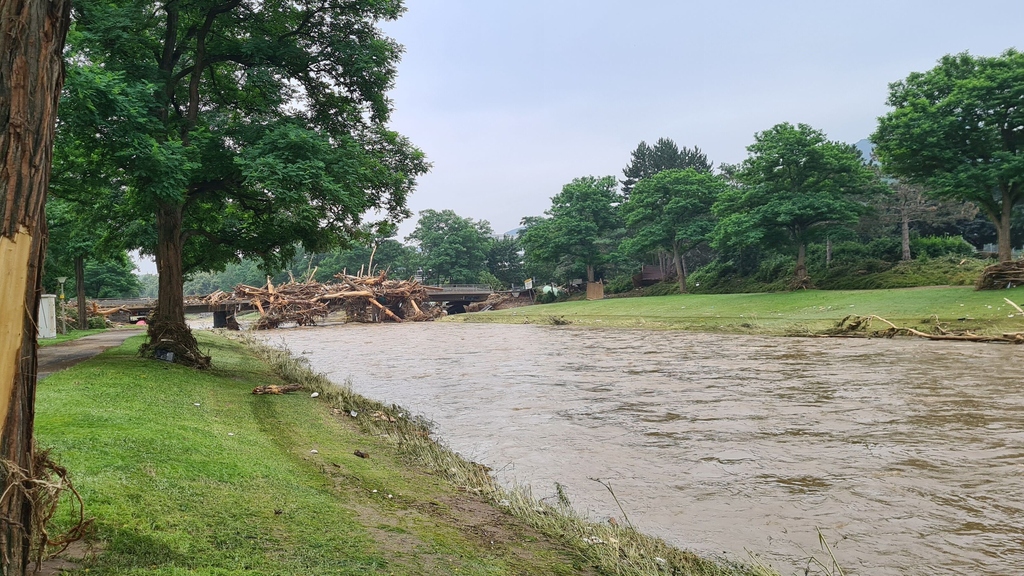
Current studies on the flood disaster in the Eifel in 2021 and on the future development of such extreme events.
more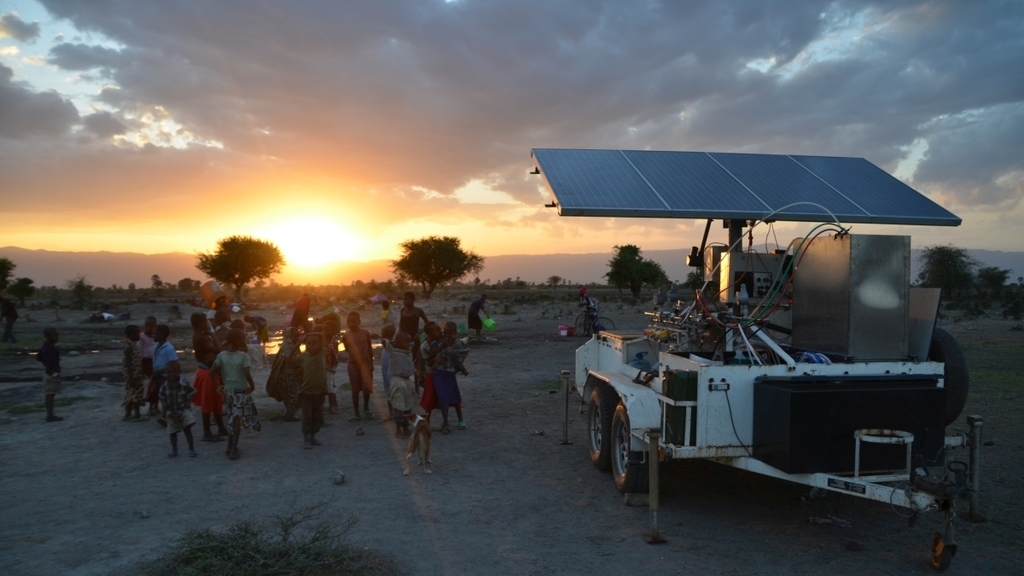
KIT researchers are developing a solar-powered filtration system to treat drinking water from salty brackish water.
more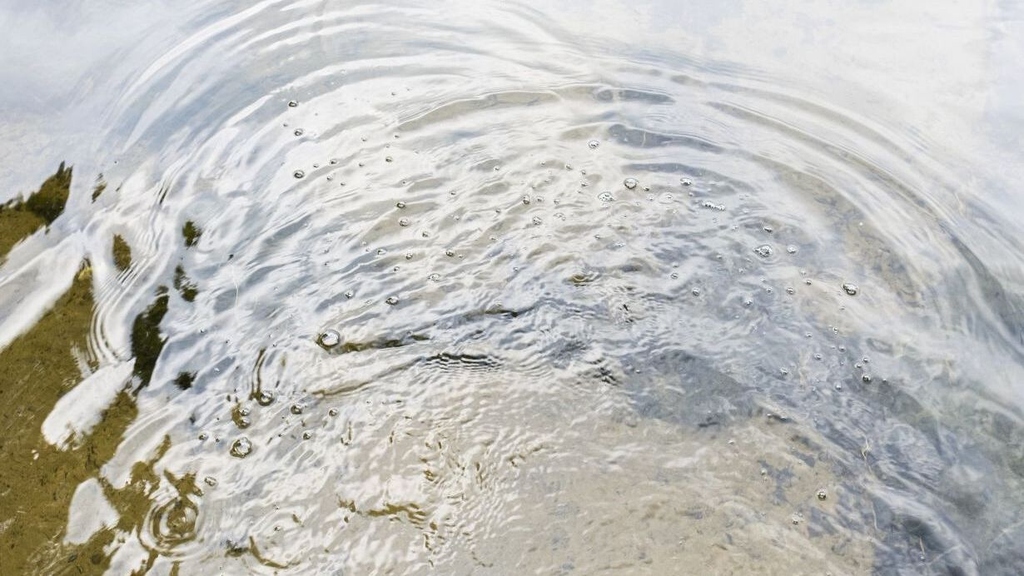
KIT and BGR develop forecast models for the future development of groundwater levels based on artificial intelligence.
more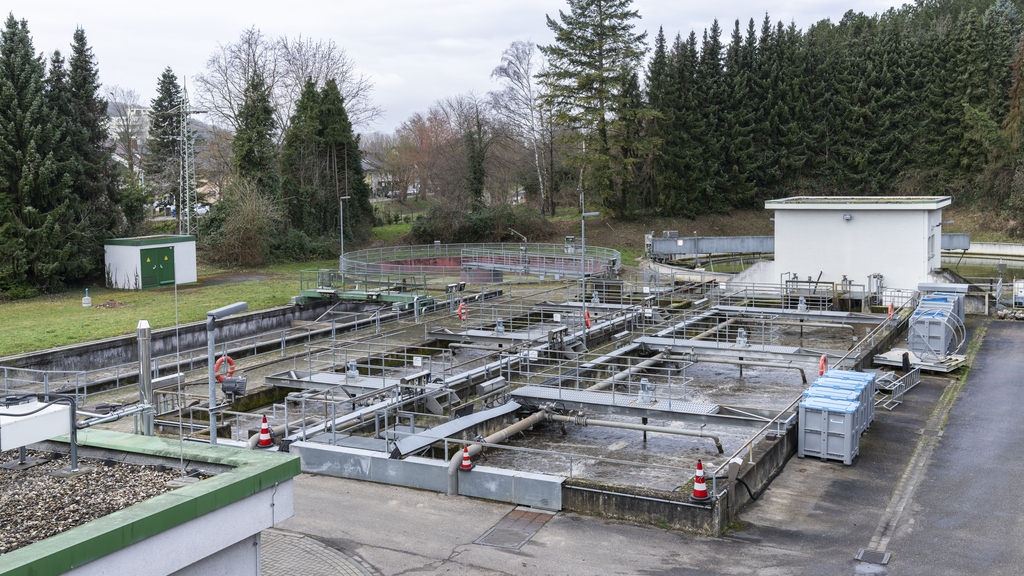
The KIT is involved in an EU project testing a wastewater-based COVID-19 early warning system. For one year, samples will be taken in waste water treatment plants at 20 pilot sites nationwide.
more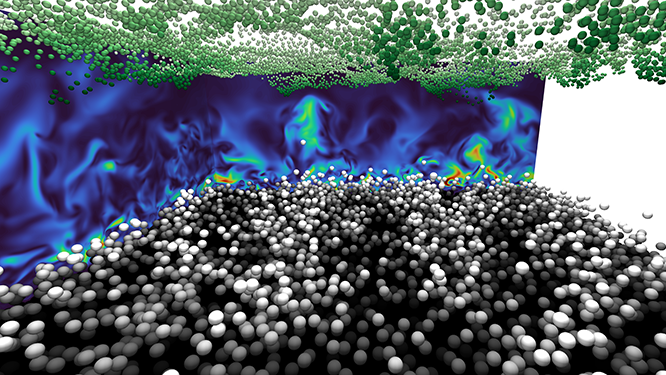
Researchers at the Karlsruhe Institute of Technology (KIT) are using high-performance computing to model how waterways’ sediment beds change and what those changes mean for pollutants moving downstream.
Link_more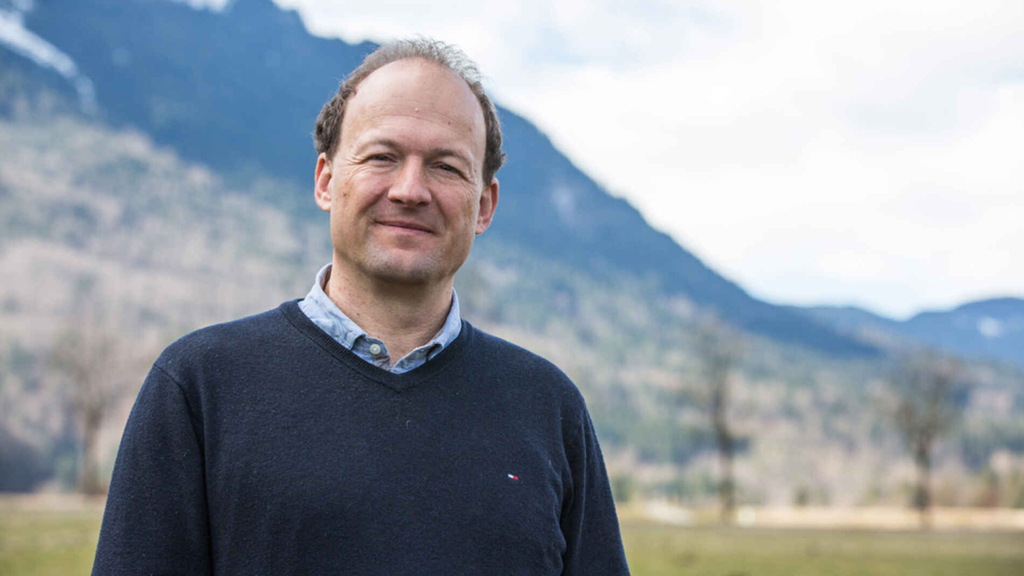
The Rüdiger Kurt Bode-Stiftung has awarded the 2021 Water Resource Prize to Prof. Dr. Harald Kunstmann (IMK-IFU). The prize is endowed with 100,000 euros.
more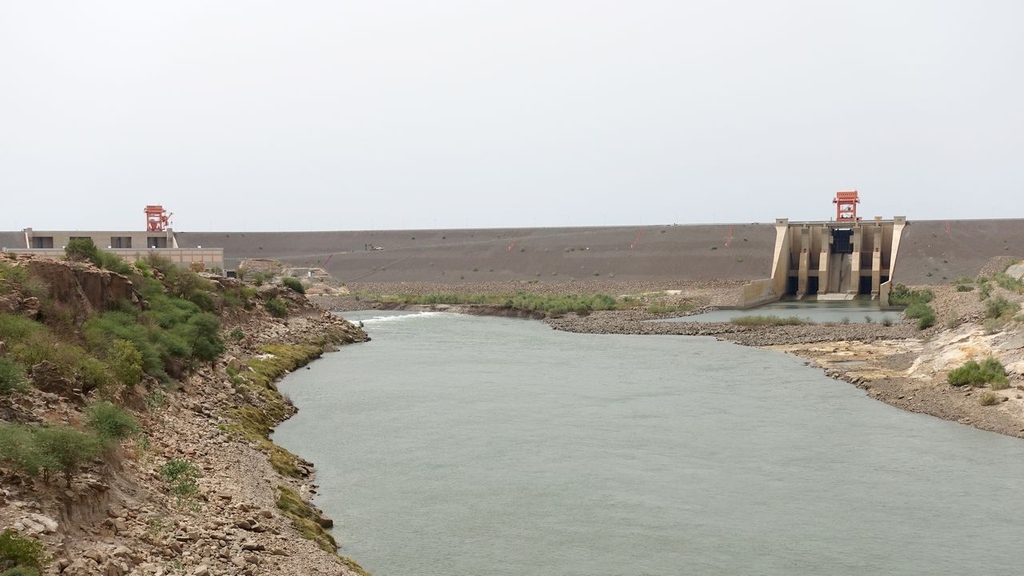
Higher Precision in Seasonal Meteorological Forecasts for Semi-Arid Regions Using Statistical Methods from KIT Help Decision Makers to Mitigate the Local Consequences of Climate Change.
more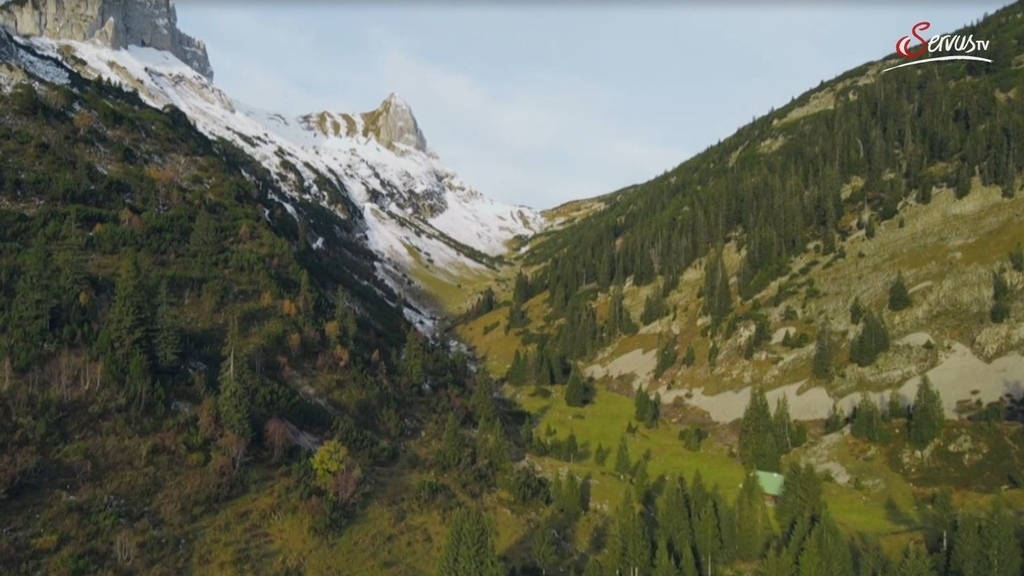
Prof. Nico Goldscheider from the Institute of Applied Geosciences (KIT) can be seen in a report on the P.M. Wissen programme. He gives insights into the research in Kleinwalsertal in Austria, one of the test regions of the KARMA project (report in German).
mehr